Promoting Kindness with Games
Kindness may not actively be taught as part of our school curriculum, however, like that of any traditional learned skills such as Math or English it is a prowess that develops and should be taught and observed in a child's everyday life. Children start to develop kindness at a very young age; therefore, parents, teachers and childcare specialists collaboratively share a fundamental role in developing a child’s ability to show altruism and compassion to others.
Wheel of Kindness - Spin this wheel to be recommended a Kindness game that we sell in store.
Kindness can sometimes be perceived as one party losing out to make another happy and this is not necessarily true. It is no secret that parents want their children to grow up to be kind & selfless, but also be happy but not to lose out on being happy to be kind or selfless. However, kindness and happiness go hand in hand. The saying ‘there’s no such thing as an altruistic act’ is not a negative one, finding a middle ground between being kind or selfless and being happy is key, it gives an important balance that helps with a child’s development.
Educating children with Toys using principles from the Playful Learning Approach allows children to maximise their potential, so they are not only developing and learning but also being taught about the importance of life skills such as kindness and also allows children to have fun at the same time.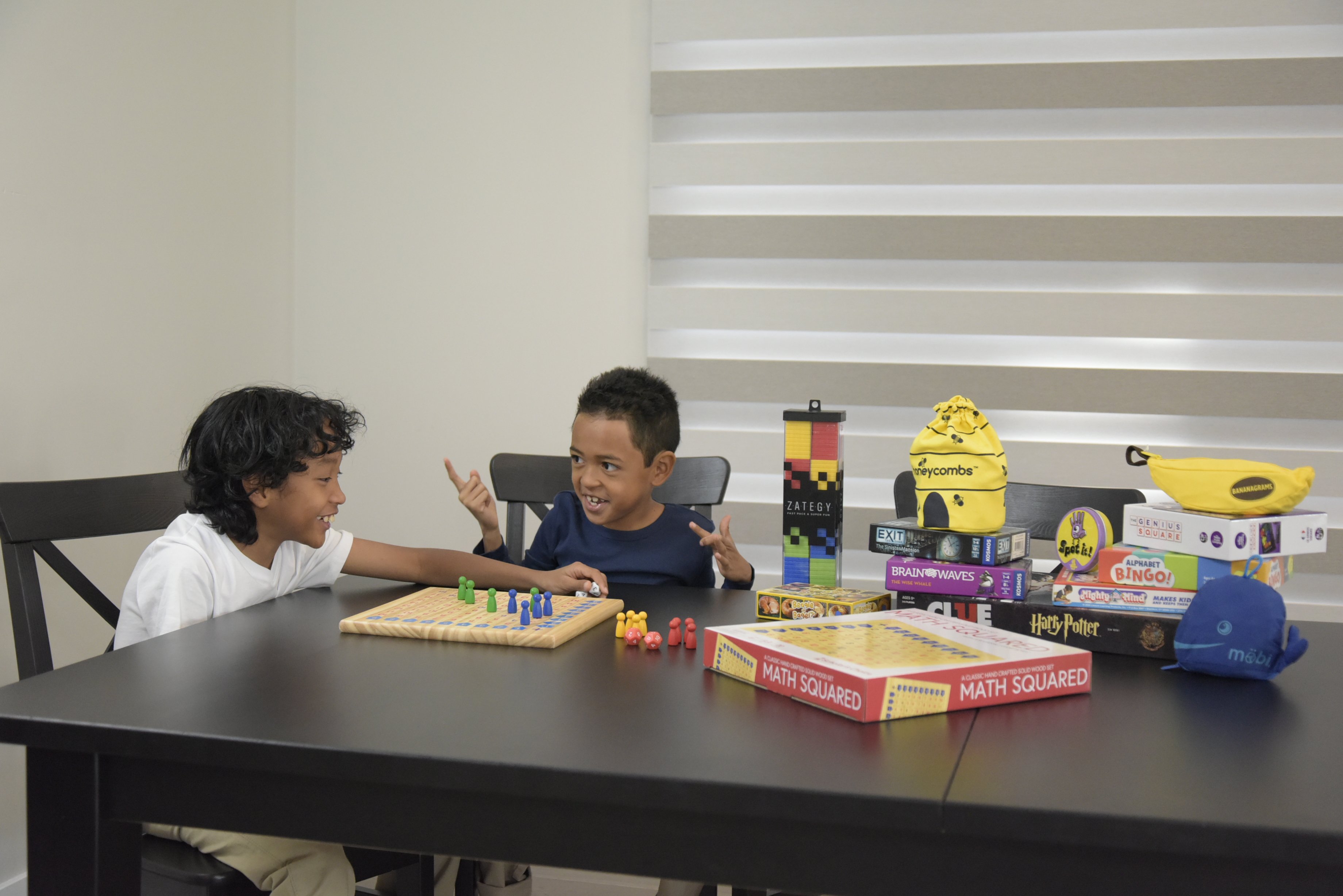
Collaborative Play teaches important social skills that help children grow during everyday play. In Collaborative Play, children solve problems by working together with other children and also ADULTS to reach a common goal. This principle promotes kindness as it encourages and teaches children how to; take turns, work collaboratively and helping each other out.
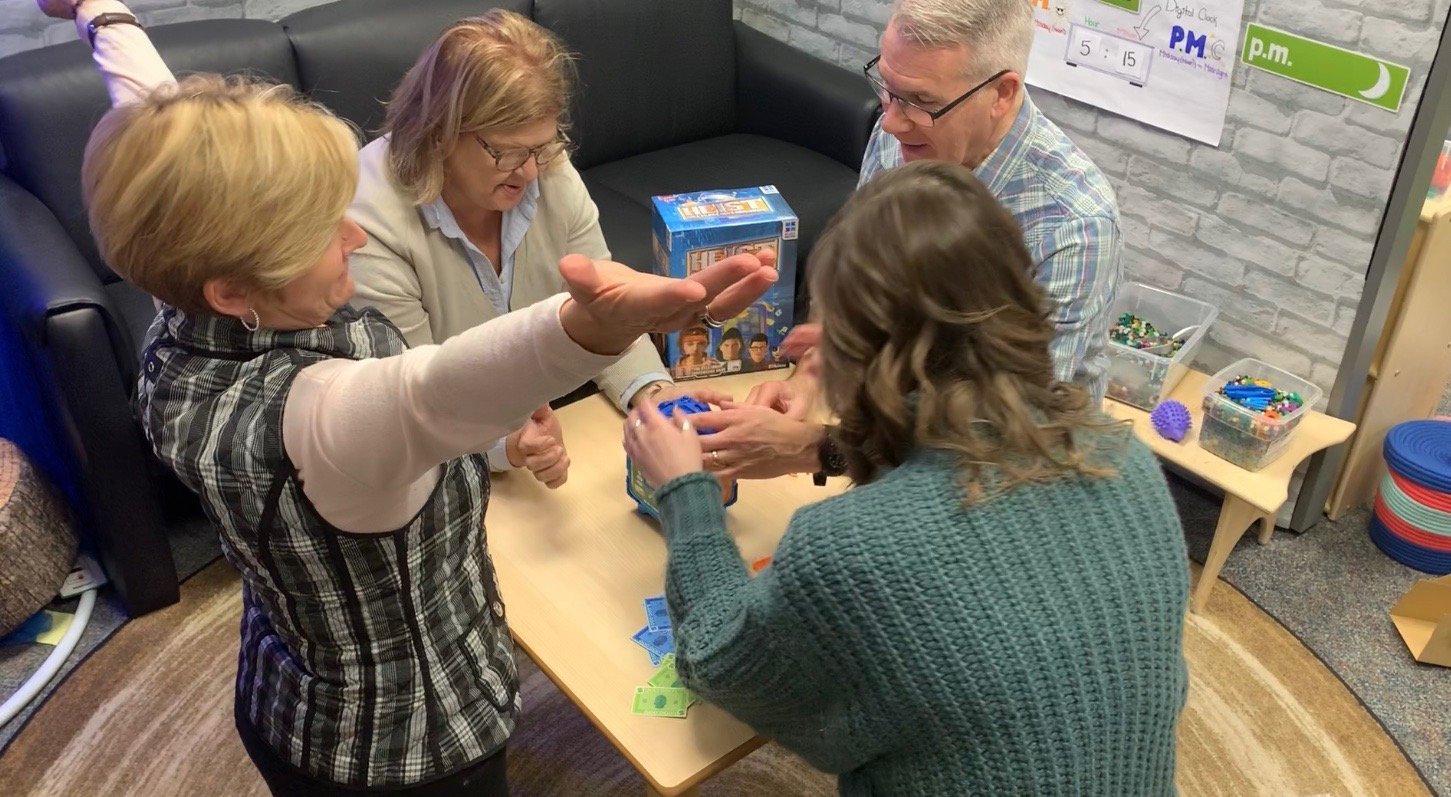
Discovery- Based Play allows children to learn about the world and how it works. Through discovery based play, children learn how to explore, negotiate, take risks, create meaning and solve problems. This principle allows children to discover kindness by collaboratively working together, use everyone’s imagination to create play, or by each taking turns to do a certain role or playing a game, letting everyone involved have a go.
When children self directs their own play, they feel successful. It encourages independence. Our ultimate goal for children is that they are in control of their play and experience learning, fun and discovery the way they want to. This principle is a little different in how it encourages kindness. It is important to teach children that self directed, and independent play still can still encourage children to be kind to others. Encourage children to take turns to direct play. Even during independent play, allow one child to play with a toy first and then share the toy and allow another child to take a turn with the toy. Self-Directed Play can be taken further and evolved into Collaborative Play, where all children involved can work together or put their ideas together after individual Self Directed Play.
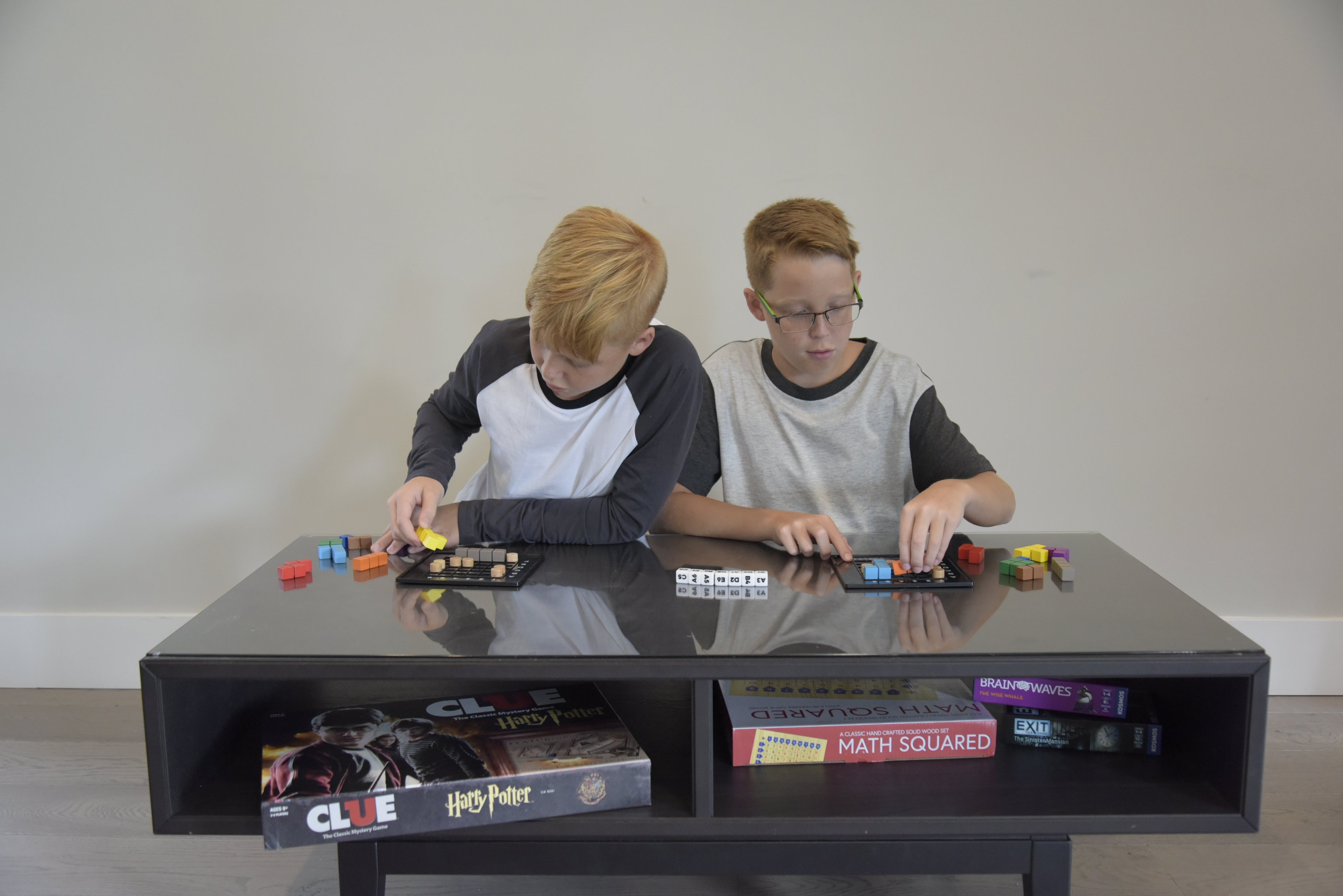
Kindness is at the foundation of every healthy relationship, it allows us to have greater positive connections with peers, is linked to higher academic achievement and a greater sense of well-being. Using games to promote kindness allows children to not only have fun but also allows children to gain these invaluable life skills. As a community we can come together to promote kindness and help children achieve their hopes and dreams!



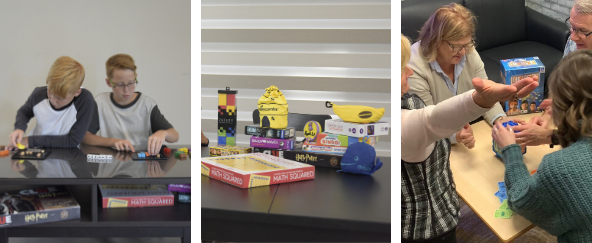

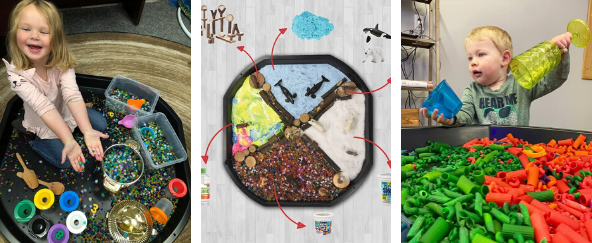

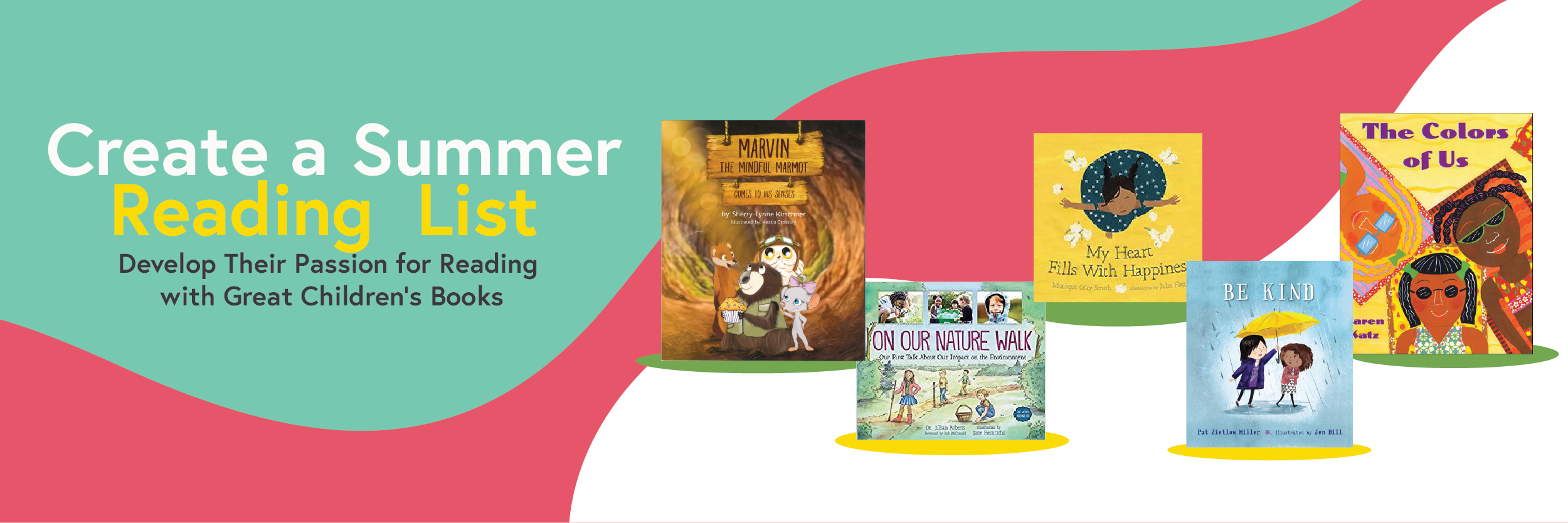
.png)
.png)